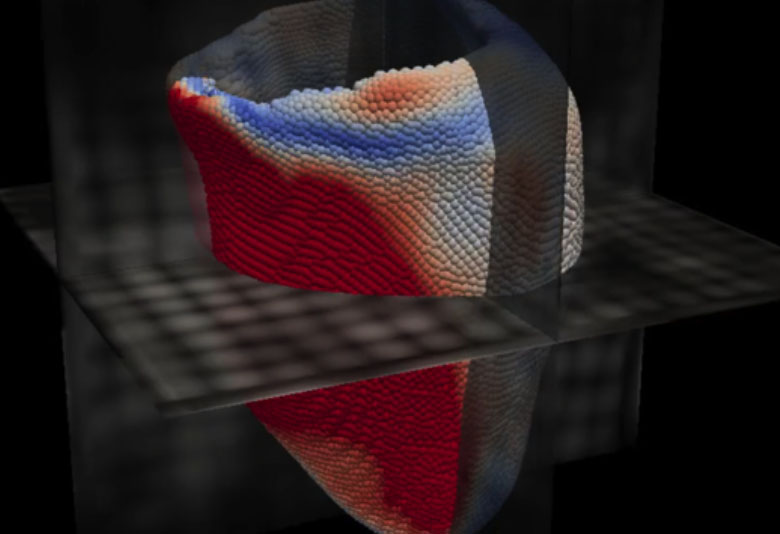Declan O’Regan and MRC London Institute of Medical Sciences colleagues believe that AI can predict when pulmonary hypertension patients require more aggressive treatment to prevent death.
In a recent study, machine learning software automatically analyzed moving images of a patient’s heart, captured during an MRI. It then used image processing to build a “virtual 3D heart”, replicating how 30,000 points in the heart contract during each beat. The researchers fed the system data from hundreds of previous patients. By linking the data and models, the system learned which attributes of a heart, its shape and structure, put an individual at risk of heart failure.
The software was developed using data from 256 patients with pulmonary hypertension. It correctly predicted those who would still be alive after one year 80% of the time. The figure for doctors is 60%.
The researchers want to test the technology in other forms of heart failure, including cardiomyopathy, to see when a pacemaker or other form of treatment is needed.
Click to view MRC London video.
ApplySci’s 6th Digital Health + NeuroTech Silicon Valley – February 7-8 2017 @ Stanford | Featuring: Vinod Khosla – Tom Insel – Zhenan Bao – Phillip Alvelda – Nathan Intrator – John Rogers – Roozbeh Ghaffari –Tarun Wadhwa – Eythor Bender – Unity Stoakes – Mounir Zok – Sky Christopherson – Marcus Weldon – Krishna Shenoy – Karl Deisseroth – Shahin Farshchi – Casper de Clercq – Mary Lou Jepsen – Vivek Wadhwa – Dirk Schapeler – Miguel Nicolelis
